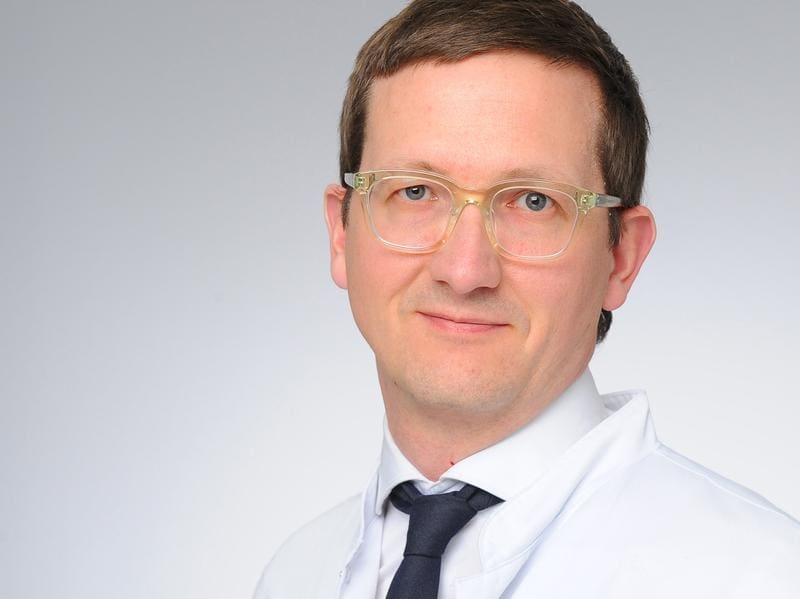New mechanism discovered for therapeutic approaches to B-cell lymphoma
A research team from the University Hospital of Cologne and the Faculty of Medicine at the University of Cologne, led by Prof. Dr. Dr. Roland Ullrich, has identified a previously unknown mechanism that explains why many patients with aggressive B-cell lymphoma do not respond to CAR-T cell therapy in the long term. The results, published on June 12, 2025 in the journal Cancer Cell, open up prospects for new combination therapies to increase the efficacy of this innovative treatment.

CAR-T cell therapy, in which genetically modified T cells specifically attack cancer cells, has revolutionized the treatment of patients with therapy-resistant or relapsed B-cell lymphomas. Nevertheless, around half of those treated do not achieve long-term success as they suffer relapses or die from the disease. The Cologne team, which includes first authors Dr. David Stahl, Dr. Philipp G├Čdel and Dr. Hyatt Balk-Want, examined patient samples before and after therapy using modern cell biology methods. The researchers discovered that so-called CSF1R-positive myeloid monocytic cells (LAMM cells) occur in greatly increased numbers in patients who do not respond to therapy. These cells inhibit the function of the CAR-T cells and protect the tumor, which contributes to treatment failure.
The preclinical mouse model showed that blocking the LAMM cells with an approved CSF1R inhibitor significantly improves the efficacy of the CAR-T cells. This approach could form the basis for a new combination therapy. Funded by the Collaborative Research Center 1530, the researchers are now planning to test the findings in clinical trials in order to increase cure rates for aggressive B-cell lymphomas.
Original Paper:
Read also:
Editorial office: X-Press Journalistenb├╝ro GbR
Gender note. The personal designations used in this text always refer equally to female, male and diverse persons. Double/triple references and gendered designations are avoided in favor of better readability.




